Trive Investigation: High Score, Hidden Risk - The Profit Paradox
Abstract:A disturbing pattern has emerged regarding the broker Trive. Despite holding a high WikiFX score (7.91) and valid licenses in South Africa and Australia, recent investor reports suggest a significant disconnect between the platform's reputation and its treatment of profitable clients. While the regulatory paperwork appears in order, our data indicates that traders are facing sudden account freezes and accusations of "trading abuse" precisely when they attempt to withdraw profits. This report investigates why a seemingly "safe" broker is generating high-risk complaints.
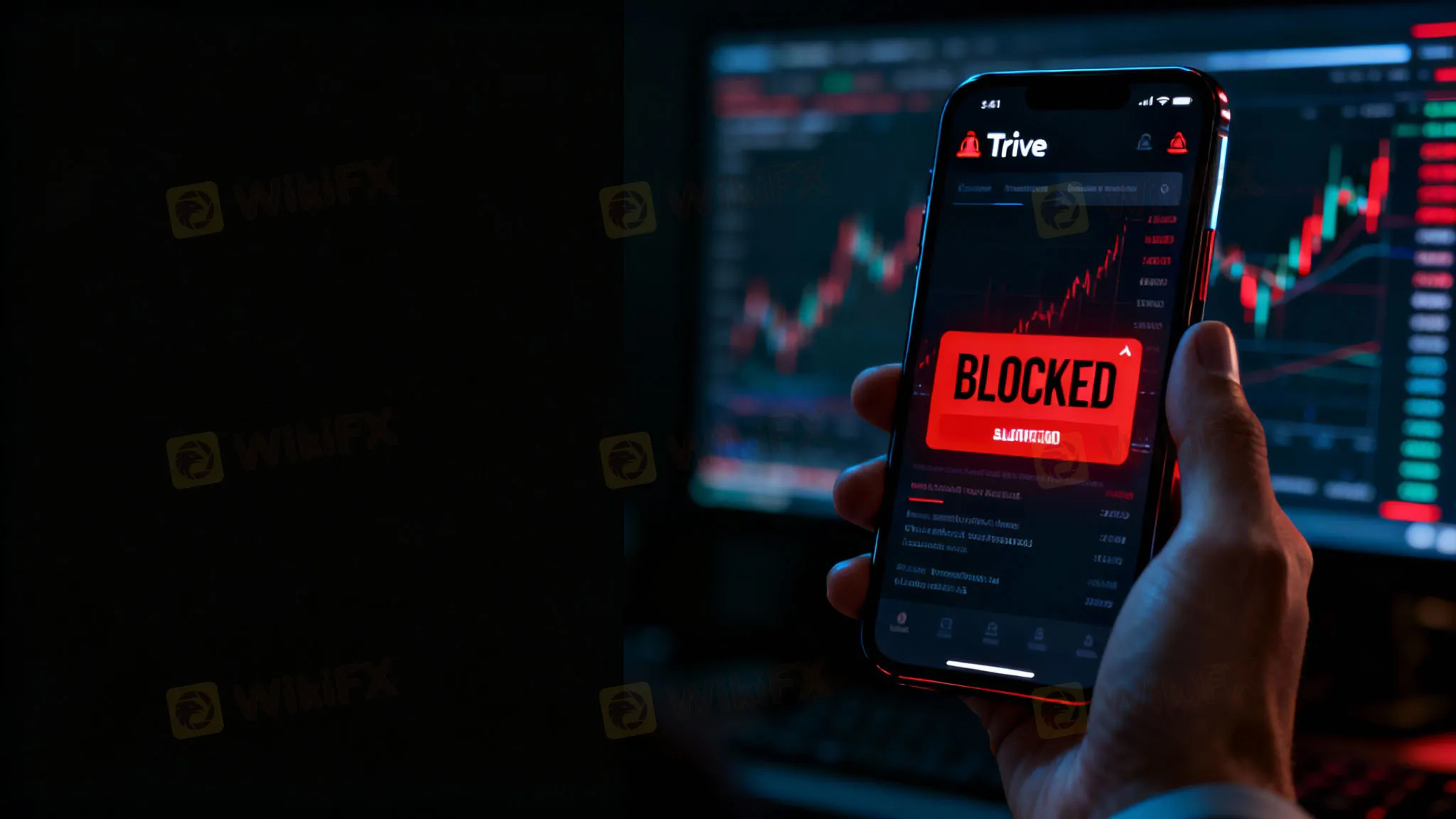
Anonymity Disclaimer: All cases cited in this report are based on real complaints lodged with the WikiFX Exposure Center. To protect the privacy and safety of the victims, specific names and exact locations have been anonymized.
The “Profit” Paradox: Winning Traders Locked Out
For many African investors, the primary fear in the Forex market is encountering a “fly-by-night” operation—a platform with no history and no regulations. Trive does not fit this profile. Established in 2013 and holding a highly respected license from the Financial Sector Conduct Authority (FSCA) in South Africa, Trive presents itself as a fortress of stability.
However, a deeper investigation into the WikiFX complaint logs reveals a troubling narrative that contradicts this image. The issue is not that Trive disappears; it is that they appear to actively penalize success.
The $5,000 “Abuse” Accusation
The most alarming case currently under investigation involves an investor who managed to generate a profit of approximately $5,000. According to the records, the trading environment seemed normal until the moment the user requested a payout.
Instead of processing the withdrawal, Trive allegedly canceled the profits and accused the user of “trading abuse.” When the investor requested specific details—evidence of what trade violated which rule—the broker reportedly refused to provide any data, simply citing a violation of terms.
This is a critical red flag known as “The Black Box Rejection.” Legitimate brokers will point to specific timestamps or arbitrage patterns if terms are violated. When a broker withholds funds but refuses to show evidence of the violation, it suggests the “abuse” may simply be that the trader was too profitable.

The Bonus Trap
Another investor reported a sophisticated issue involving trading bonuses. Bonuses are often used as marketing tools to attract African investors looking to boost their margin. However, this user reported that the “bonus” was effectively a trap.
The complaint details that the platform used the terms of the bonus to aggressively close out positions—likely a “stop-out” manipulation where the bonus funds are removed during a drawdown, causing the user's own capital to be liquidated immediately. The user described the bonus as “fake,” noting that it served only to accelerate the loss of their principal investment rather than support their trading.
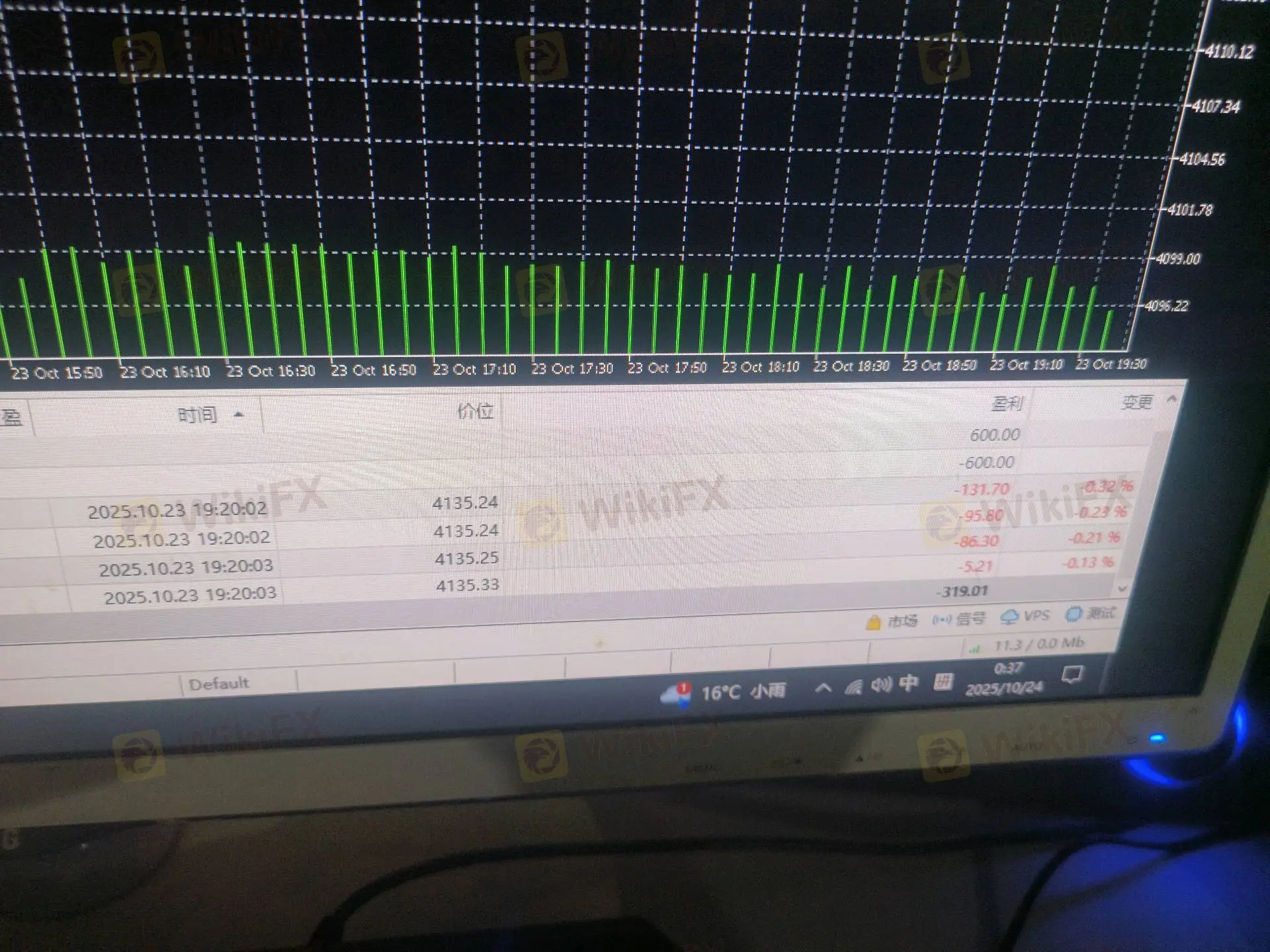
Regulatory Reality Check: The License Isn't Always Enough
Why would a broker with a 7.91 score and an FSCA license engage in this behavior? The answer often lies in Jurisdiction Arbitrage.
While Trive holds a license in South Africa (which provides comfort to African investors), it also operates through offshore entities. When you sign up, your account may not be contracted with the highly regulated South African entity, but rather with the entity in the Virgin Islands, where protections are significantly weaker.
Here is the full regulatory breakdown of Trive, based on WikiFX's database:
| Regulatory Body | Country/Region | License Status | Meaning for Investors |
|---|---|---|---|
| FSCA (Financial Sector Conduct Authority) | South Africa | Regulated | High safety for SA residents. This is a legitimate, strong license. |
| ASIC (Australian Securities & Investments Commission) | Australia | Regulated | Top-tier regulation. Very strict protections. |
| FSC (Financial Services Commission) | Virgin Islands | Offshore | Lower Protection. This is a common jurisdiction for global clients. Regulations here are looser regarding dispute resolution. |
| MFSA (Malta Financial Services Authority) | Malta | Regulated | Specific to European operations. |
| FCA (Financial Conduct Authority) | United Kingdom | Unverified | High Risk. The broker fails to verify a valid status here, despite the UK being a major financial hub. |
| BAPPEBTI | Indonesia | Unverified | High Risk. The broker does not appear to hold valid authority in this region. |
The Critical Disconnect:
The presence of “Unverified” statuses alongside “Regulated” ones creates a confusing environment.
- The FCA Red Flag: The WikiFX system marks the UK FCA status as Unverified. The FCA is one of the world's strictest regulators. If a broker claims or implies a connection to the UK markets without a verified license, it casts doubt on their overall transparency.
- The Offshore Loophole: The complaints we are seeing likely stem from accounts registered under the Virgin Islands (FSC) license. While legal, this jurisdiction allows brokers more leeway to enforce “Abuse Clauses” that would never hold up under FSCA or ASIC supervision.
Analyzing the “Abuse” Tactic
The $5,000 case mentioned earlier highlights a growing trend in the industry: Generic Abuse Clauses.
In the Terms and Conditions of many brokers, there are vague clauses prohibiting “abusive trading strategies.” Legitimate brokers use this to stop latency arbitrage (cheating the system speed). However, high-risk brokers use these clauses to cancel profits from:
- News trading (profiting from major economic announcements).
- Scalping (holding trades for short periods).
- High-leverage trading that results in a quick win.
If you are an African investor asking “Is Trive safe?”, you must ask yourself: Does my trading style fall into a category they might cancel? The evidence suggests that if you win too quickly or too much, Trive may invoke these clauses to invalidate your success.
WikiFX Intervention
Upon receiving these serious complaints regarding withdrawal problems and fund withholding, the WikiFX exposure team attempted to reach out to Trive's representatives through the contact channels listed (including their South African and UK lines).
Status: No verifiable resolution has been provided for the $5,000 withholding case at the time of writing. The broker has not publicly addressed why the specific evidence of “abuse” was not shared with the client.
Final Verdict: High Score, Hidden Risk
Trive presents a complex case for the African investor. On paper, they appear robust—operating since 2013, offering MT4/MT5 platforms, and holding an FSCA license. This explains their high WikiFX score of 7.91.
However, a high score is based on verified data, not future intentions. The recent influx of complaints regarding profit cancellation indicates a shift in operational behavior.
WikiFX advises the following caution:
- Check your Entity: If you trade with Trive, ensure your account is registered under the South African (FSCA) entity, not the Virgin Islands entity. You have significantly more legal recourse in South Africa.
- Document Everything: If you are profitable, take screenshots of your trade execution times and the charts. If you are accused of abuse, you will need this evidence.
- Test Withdrawals: Do not let profits accumulate. Withdraw frequently to ensure liquidity channels remain open.
While Trive is not an unregulated platform, the user experiences suggest that for profitable traders, the risks may currently outweigh the benefits of their regulatory status.
WikiFX Risk Warning
Forex and CFD trading involve a high level of risk and may not be suitable for all investors. The leverage associated with these instruments can work against you as well as for you. Before deciding to trade, you should carefully consider your investment objectives, level of experience, and risk appetite. There is a possibility that you could sustain a loss of some or all of your initial investment. WikiFX provides broker information for reference purposes only and does not constitute financial advice.
Read more

mBank Exposed: Top Reasons Why Customers are Giving Thumbs Down to This Bank
Do you find mBank services too slow or unresponsive? Do you find your account getting blocked? Failing to access your account online due to several systemic glitches? Can’t perform the transactions on the mBank app? Do you also witness inappropriate stop-level trade execution by the financial services provider? You are not alone! Frustrated by these unfortunate circumstances, many of its clients have shared negative mBank reviews online. In this article, we have shared some of the reviews. Read on!
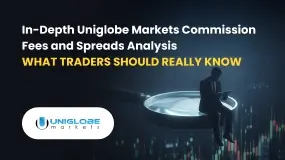
In-Depth Uniglobe Markets Commission Fees and Spreads Analysis – What Traders Should Really Know
For experienced traders, the cost of execution is a critical factor in broker selection. Low spreads, fair commissions, and transparent pricing can be the difference between a profitable and a losing strategy over the long term. This has led many to scrutinize the offerings of brokers like Uniglobe Markets, which presents a tiered account structure promising competitive conditions. However, a professional evaluation demands more than a surface-level look at marketing claims. It requires a deep, data-driven analysis of the real trading costs, set against the backdrop of the broker's operational integrity and safety. This comprehensive Uniglobe Markets commission fees and spreads analysis will deconstruct the broker's pricing model, examining its account types, typical spreads, commission policies, and potential ancillary costs. Using data primarily sourced from the global broker inquiry platform WikiFX, we will provide a clear-eyed view of the Uniglobe Markets spreads commissions prici
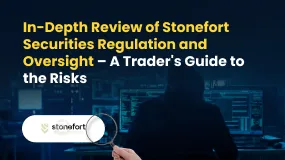
In-Depth Review of Stonefort Securities Regulation and Oversight – A Trader's Guide to the Risks
For experienced traders, the process of selecting a new broker transcends a simple comparison of spreads and leverage. It is a meticulous due diligence exercise where the integrity of the broker's regulatory framework is paramount. Stonefort Securities, a relatively new entrant in the crowded brokerage space, presents a complex and often contradictory profile. On one hand, it boasts a modern MT5 platform and a stream of positive user testimonials. On the other hand, it is shadowed by severe regulatory warnings that question the very foundation of its operations. This in-depth review focuses on the core issue for any long-term trader: Stonefort Securities regulation and oversight. We will dissect the broker's corporate structure, scrutinize its licensing claims, and analyze what the data implies for trader protection and fund security. For traders evaluating whether Stonefort Securities is a trustworthy partner, understanding these details is not just important—it is essential.
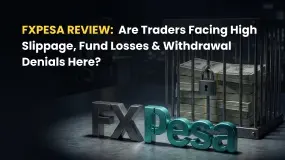
FXPesa Review: Are Traders Facing High Slippage, Fund Losses & Withdrawal Denials?
Do FXPesa support officials fail to pick up your calls when you raise fund withdrawal requests with the broker? But are these officials always open to you regarding fund deposits? Do you frequently spot slippage and stop-loss order execution errors on the FXPesa login? These issues are increasingly becoming common with this forex broker. Consequently, many traders have expressed their dissatisfaction with the broker online. In this FXPesa Review article, we have shared some of these complaints. Take a look!
WikiFX Broker
Latest News
WikiFX's New Evaluation of ATM Capital LTD: Does its License Protect the Arab Investor?
How a Fake Moomoo Ad Led to the “New Dream Voyage 5” Scam
Is Axi Legit? A Data-Driven Analysis of Its Regulatory Standing and Trader Feedback
FXPesa Review: Are Traders Facing High Slippage, Fund Losses & Withdrawal Denials?
Trive Investigation: High Score, Hidden Risk - The Profit Paradox
In-Depth Uniglobe Markets Commission Fees and Spreads Analysis – What Traders Should Really Know
Bessent believes there won't be a recession in 2026 but says some sectors are challenged
Is GGCC Legit? A Data-Driven Analysis for Experienced Traders
Young Singaporean Trader Grew USD 52 into a USD 107,700 Portfolio
FreshForex (Latest) Review 2025 — Is FreshForex Legit?
Rate Calc


